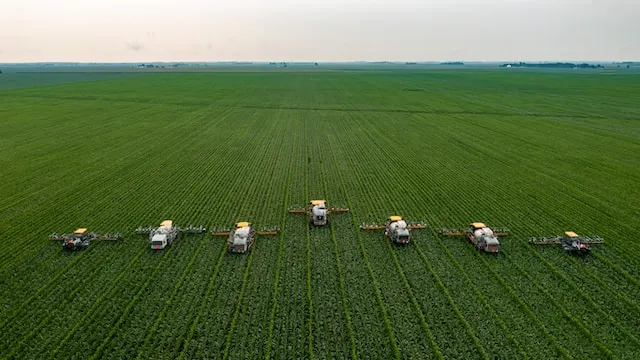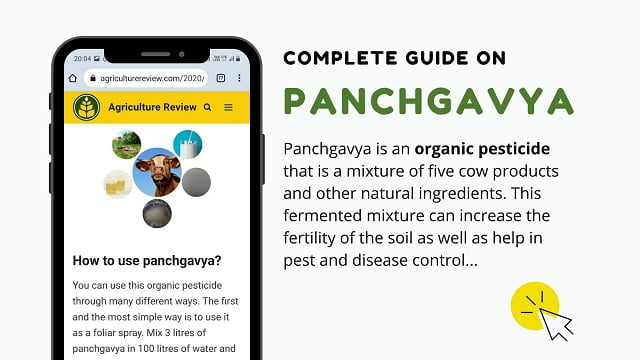Globalisation is the process of countries & people becoming more connected and interdependent through trade, technology, and communication. It allows goods, services, and ideas to move freely across borders, making the world more interconnected.
Now, let’s talk about the impact of globalisation on Indian agriculture.
Impact of Globalisation on Indian Agriculture
- Increased Market Access: Due to globalisation in India new markets are open for Indian agricultural products. Farmers can now sell their goods to customers in different countries, leading to greater demand and potential for higher profits. They can cultivate cash crops such as cashew, coffee , cocoa , tea, sugarcane , cotton , and spices for export purposes.
- Technology and Knowledge Transfer: With globalisation, Indian farmers have gained access to advanced agricultural technologies & knowledge from other countries. For example, now we can see growth of new farming techniques such as hydroponics, aquaponics, etc. in the country. It has helped in improving farming practices and increasing productivity.
- Import of Goods: While globalisation has boosted Indian agricultural exports, it has also increased the import of agricultural products from other countries. This can sometimes lead to tough competition for local farmers.
- Fluctuating Prices: Due to increased exposure with the global market, Indian farmers are now more vulnerable to international price changes and supply. Fluctuations in global commodity prices can affect the income & livelihood of farmers in India. For example, due to external factors price of an agriculture product A got increased in India, but at the same time the same agriculture produce is available at low cost from another country.
In this case, even the local buyers will prefer to buy produce from international market, hence it will affect Indian farmers, thus it can impact Indian agriculture.
- Shift in Crops: Globalisation has influenced the choice of crops grown in India. Some farmers have shifted from traditional crops to those with higher demand in the international market. While this can bring economic benefits, it may also lead to neglecting native crops and biodiversity. With introduction of new hybrid varieites, our native varieites are becoming extinct.
Crops such as maize was imported from Spain & Africa, and tomato, potato, chilli, pineapple, and papaya were also imported from other countries. Likewise, as people of India has started consuming mushroom, so demand of mushroom is increasing, hence farmers are getting involved in mushroom farming.

- Improved Infrastructure: To meet global demands, there has been an increased focus on developing better agricultural infrastructure, like cold storage facilities, transportation networks, and processing units. According to the government data, in 2017 there was operating 433 warehouses with a total operational storage capacity of 99.06 lakh MT
- Challenges to Small Farmers: Globalisation has both positive & negative impacts on farmers. Small-scale farmers often face challenges in competing with larger, more efficient agricultural producers from other countries. However, small scale farmers can take benefits by participating in co-operative farming and cultivating exotic vegetables, medicinal mushrooms, etc.
- Environmental Concerns: The pressure to meet global demands sometimes leads to unsustainable agricultural practices, like excessive use of chemical fertilizers & pesticides, which can harm the environment. Many districts of Punjab have been hit hard due to extensive rice cultivation the region that lead to soil salinization.
- Employment Opportunities: On the positive side, globalisation has created new job opportunities in the agricultural sector, particularly in areas related to processing, packaging & transportation of agricultural products. For instance, AMUL, a dairy cooperative in India provide jobs for around 1.5 million people in India.
I guess now you are clear on the impact of globalisation on Indian agriculture, if you have any doubt, ideas or suggestion on this topic, you can comment below. You can also connect with Agriculture Review on Facebook, Instagram, Koo & Threads.





